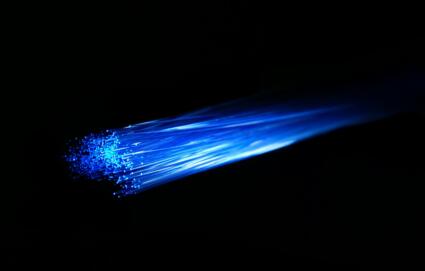The Little Brain Within the Heart
Introduction:
Have you ever heard the saying “what is your head telling you”, or “listen to your heart”? How about “trust your gut”? These familiar sayings subtly imply that each organ might hold a unique decision for you. The brain, being the most logical decision-maker, the heart as the most compassionate, and the gut as the most protective. But can organs truly make decisions for us? In modern science, the brain is traditionally seen as the commander, directing every move and emotion, while the other organs are generally seen as the mere doers. However, from a spiritual standpoint, the body is viewed as interconnected rather than separate entities. Decisions are encouraged not just through rational thinking but also by listening to the wisdom of the heart (i.e., heart intelligence).
The Heart’s Neural Network:
One may assume that Western science dismiss the idea that various organs have decision-making abilities like the brain. However, this assumption is not entirely true. For well over a century, researchers have heavily debated each other over the baffling discovery of over 40,000 neurons found within the human heart, which function completely independently of our cranial brain.1 These cells, called sensory neurites are deeply intertwined throughout the whole heart and form a complex network, challenging the conventional belief that the brain one-sidedly commands the heart. Dr. John Armour termed this group of cells the "little brain in the heart”, showing how the heart communicates back and forth with the brain, hinting at a much more intricate relationship between the two than previously considered.2,3 The full extent of what this little brain is able to do remains unknown, and scientists are convinced there are more brain-like networks to discover with more research.1
Healing Trauma: Remembering Both the Mind and Heart:
For researchers attempting to bridge the realms of science and spirituality, the existence of the "little brain" in our hearts deepens our understanding of trauma and healing. Spiritual researchers like Gregg Braden propose that healing trauma solely in the mind may leave emotional wounds in the heart untouched. By acknowledging that experiences, whether painful or joyful, register in both the mind and the heart, we can treat trauma in a more holistic approach. This discovery also encourages us to consider the heart as not only a physical organ but also an emotional hub, contributing significantly to our mental and physical well-being. Such concept is gaining more support in the science, particularly from the ground-breaking study called “Stressed Brain, Diseased Heart”. In this study, scientists found that psychological diseases such as chronic stress and depression impose a heavy burden on the physical heart.4 This article describes the direct link between how people who suffer from psychological diseases have a much higher increase in cardiovascular diseases. These findings are quite surprising, as psychological stress is often thought to be restricted to the mind, yet this study reveals a much more sophisticated connection between our emotional well-being and the heart's function. Perhaps, our heart’s intelligence is the missing link that strengthens this connection between our physical and mental health.
Conclusion:
As scientists continue explore the fascinating connection between the brain and heart, the discovery of the "little brain" challenges the common belief that the brain singularly controls our body. This newfound understanding encourages us all to recognize the heart's significance beyond its physical role — it emerges as a crucial emotional center, impacting our mental and physical well-being in ways we're only beginning to comprehend.
Scientific Studies:
1. Armour, J. A., Murphy, D. A., Yuan, B. X., MacDonald, S., & Hopkins, D. A. (1997). Gross and microscopic anatomy of the human intrinsic cardiac nervous system. The Anatomical Record: An Official Publication of the American Association of Anatomists, 247(2), 289-298.
2. Armour, J. A. (2008). Potential clinical relevance of the ‘little brain’on the mammalian heart. Experimental physiology, 93(2), 16
3. Campos, I. D., Pinto, V., Sousa, N., & Pereira, V. H. (2018). A brain within the heart: A review on the intracardiac nervous system. Journal of molecular and cellular cardiology, 119, 1-9.
4. Pereira, V. H., Cerqueira, J. J., Palha, J. A., & Sousa, N. (2013). Stressed brain, diseased heart: a review on the pathophysiologic mechanisms of neurocardiology. International journal of cardiology, 166(1), 30-37.

